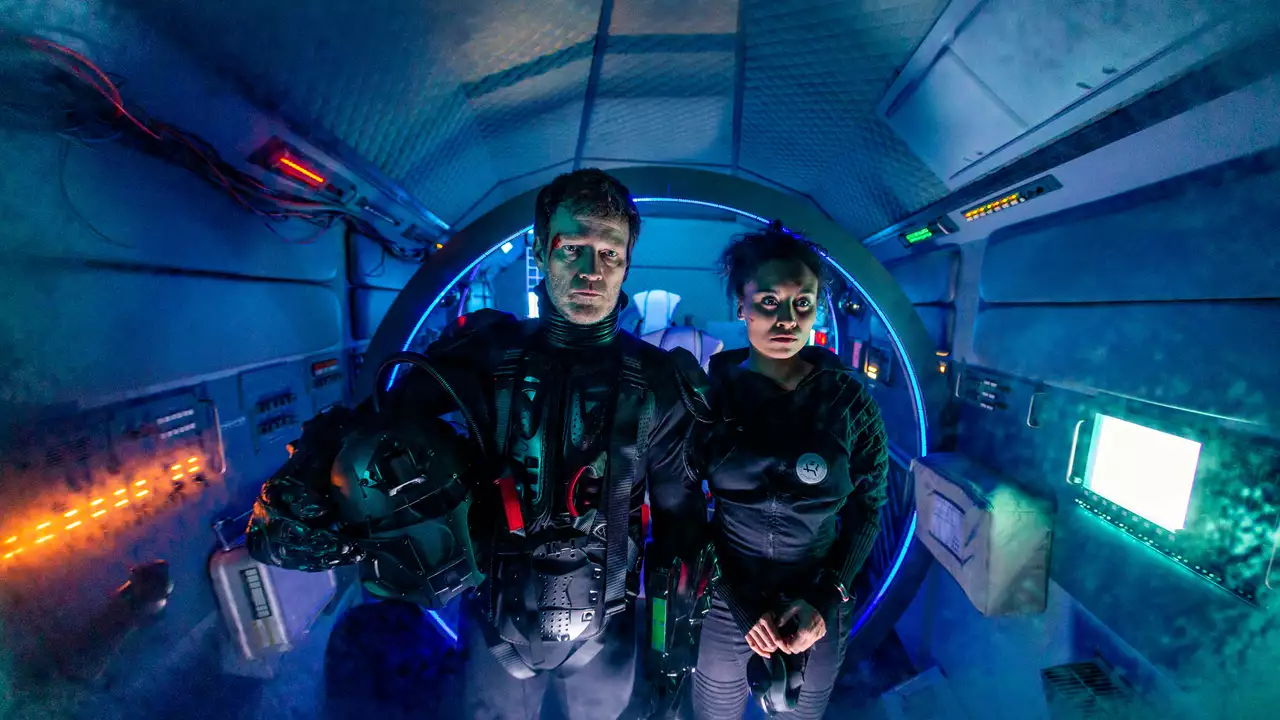Loosening the Strings of Reality: The Conundrum of Science Fiction’s “What-Ifs"
One of the beautiful things about science fiction movies is the curious cat it reels in, temptingly asking the question: "What if?" It seems so simple, just two words inviting us into a world where anything is possible. Where rules are thrown out of the window, pulled back in through the front door, and then re-arranged to fit a reality that is far from our own. It's a question that drills into the very core of humanity's desire to grow, to challenge, to explore, and to question. But of all the possibilities, all the universes and all the "what ifs" explored in countless sci-fi films, which one is truly the greatest? Prepare my dear reader for a tantalizing dive into the boundless cosmos of these exciting hypotheticals.
The Flipside of Time: Profound Paradoxes
Believe me when I tell you, even Fletcher, my beagle, pricks up his ears when the topic of time travel comes up. While many may argue that time travel is the greatest "What if" in sci-fi history, it's not merely the concept in itself but the endless complications it brings about, specifically, its inevitable paradoxes. Movies like "Back to the Future," "Looper," and "Predestination" have spun countless narratives around the possibilities and perils of meddling with the timeline, each story providing a new spin on the paradox concept. But imagine if we could really travel through time. Would we change our pasts? Alter our futures? Or would we get trapped in a spaghetti loop of causality, never able to escape? While it's never paid dividends for the characters in the movies, it's the audience that gets a fascinating puzzle to unravel long after the credits roll.
Extra-terrestrial Enigmas: What if we are not alone?
Here's an interesting fact: There are billions of galaxies in the known universe, each containing millions and billions of stars. By sheer probability, we shouldn't be alone, right? Countless science fiction films have played on the tantalizing prospect of alien life, each along a spectrum from friendly to downright apocalyptic. Well, "E.T." painted a picture of friendly other-worldly beings who only want to phone home, while "War of the Worlds" portrayed an alien invasion intent on gobbling up the Earth. Pretty diverse scenarios, don’t you think? Nonetheless, all these movies ignite one of the most profound questions humanity has ever faced: Are we alone in the universe? Now, I don't have the answer. Fletcher doesn't either, and he's an exceptionally smart beagle. But wouldn't it be an epochal discovery if we could finally confirm we're not alone?
Mankind and Machine: The AI Awakening
Cogs, circuits, and consciousness - this is the realm of artificial intelligence. Although AI isn't a foreign concept in our present times – remember, my vacuum cleaner is smarter than me on certain levels – the possibility of sentient machines triggers a whole other set of "What ifs." Just think about movies like "The Matrix," "Ex-Machina," and "I, Robot." The dilemmas they present range from machines realizing their own existence, the ethical implications of AI sentience, to the threat they pose to humanity's very existence. Yet, it's a concept that tickles both our ambition and fear as we inch closer to morphing this sci-fi "What if" into a reality.
Last but not Least: The Metaphysical Meanderings
If there's one thing that sci-fi does exceptionally well, it’s plunging headfirst into metaphysical interpretations of reality. The "Matrix" franchise put us in a world where humans lived in a simulated reality, totally oblivious to their true existence. Can you imagine waking up one day, realized that everything you knew was a splendid illusion? Mind blowing, right? Or take the layers of dreams woven seamlessly together in "Inception" or the alternate dimensions explored in "Interstellar." On the other hand, the convoluted narratives of films like "Donnie Darko" and "Primer" have left audiences scratching their heads while they try to understand the underlying realities and timelines. The way sci-fi movies explore our perceptions of reality is baffling and awe-inspiring, making it one of cinema's most captivating "What ifs."
So, what is the greatest 'What if' in sci-fi movie history? That's a tough one. It’s like asking Fletcher to pick the best squirrel in the park. Each "What if" presents an exciting question that opens up a world of possibilities. It's unpredictable, it's uncertainty, and it's pure thrill - and as long as sci-fi keeps asking "What if," we’ll keep watching, and exploring, and wondering.
